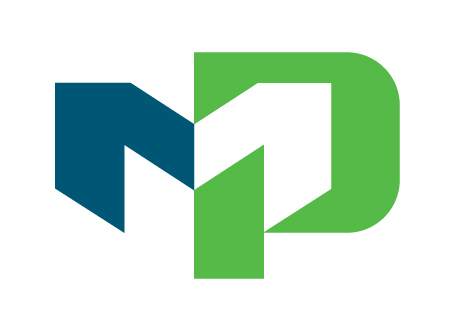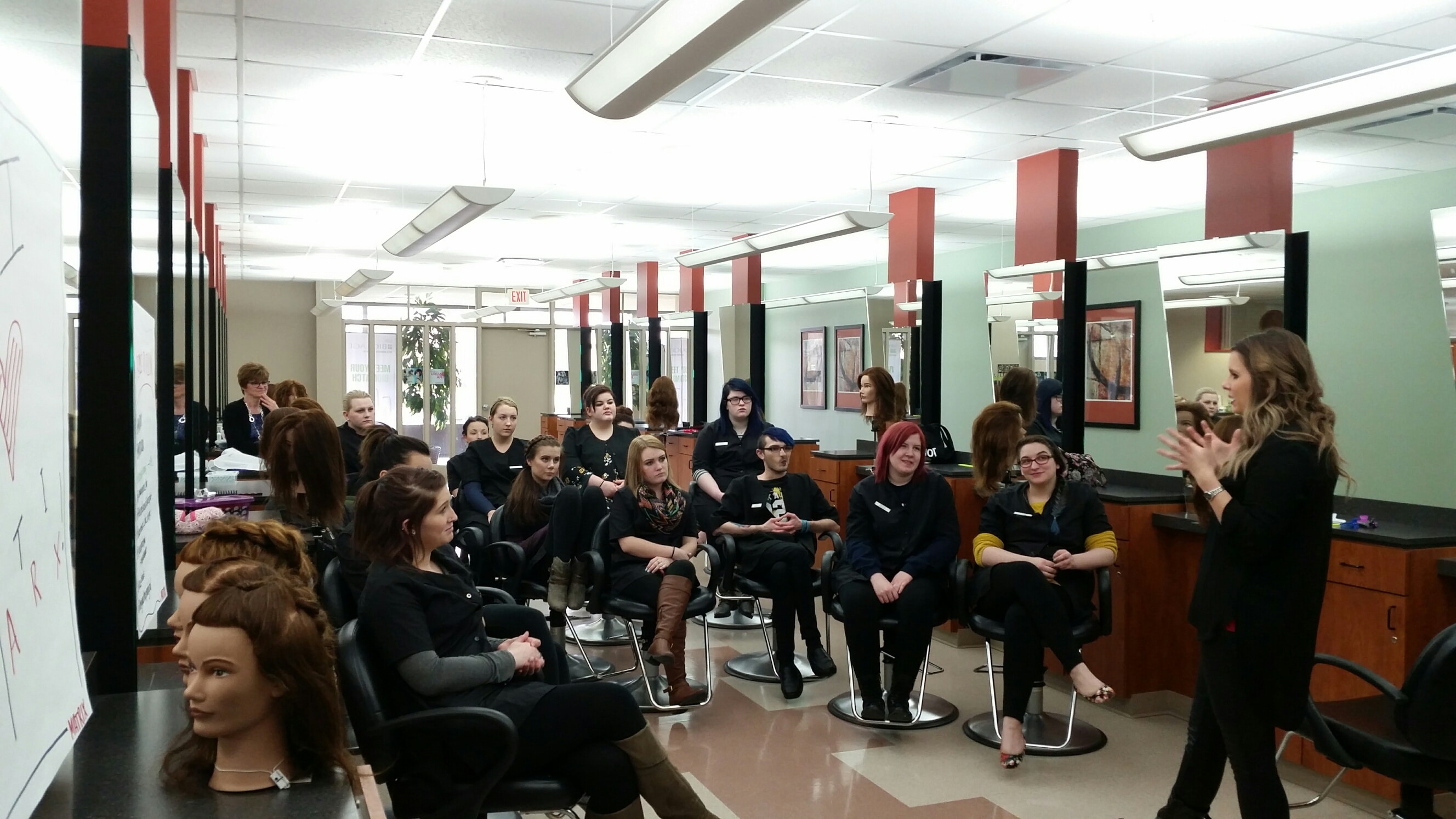Beware of student loan debt relief offers and credit repair “deals”

If you’re among the millions of current or former students with debt, you’ve probably been tempted to click on an ad that says, “Obama Wants to Forgive Your Student Loans!” or “Erase Default Statuses in 4 – 6 Weeks!” or some equally enticing student loan debt relief offer … available only if you click or call NOW!
Many the companies behind these offers have sophisticated marketing tactics to target unsuspecting students, borrowers, parents, military service members, and their families. In the Financial Aid Office, unfortunately I hear about these pitches a lot. My advice: Before you pay somebody to help you with your student loans, do your homework.
It’s tempting to just say: Don’t do it. Walk away. Call your loan servicer instead. But there’s more you should know.
Here are some specific things you should know before signing up with any student loan debt relief company.
Student loan debt relief companies charge fees for services that you can get for free.
You can apply for loan consolidation through www.studentloans.gov. The application is free, and there are no extra fees. Before applying, do your research on www.studentaid.gov. On that site, you’ll find information on loan consolidation, requirements for loan forgiveness, repayment estimators to help you pick the right repayment plan to fit your income, loan servicer contacts, and other important information to help you manage your loan repayment. All for free!
Keep your FSA ID and Password to yourself
Student loan debt relief or credit repair companies may offer to manage your loan account, and to do so, they ask you to provide them with your federal student aid ID and password, or sign a Power of Attorney. Think about it: this information is the equivalent of your signature on any documents related to your student loan. If you give your personal information away, you give others the power to perform actions on your student loan on your behalf. Plus, regardless of who authorizes changes to your account, it’s your name on the promissory note. If that company fails to provide the appropriate updates to your loan servicer, you have to deal with the consequences.
Is Your Loan in Default?
If it is, you know that being in default on a student loan is bad news. Know this as well: you are a prime target for the marketing tactics of debt relief and credit repair companies. By being in default, you’ve already incurred added interest and you’re subject to collection costs. Don’t add on the additional fees charged by one of these companies to get your loan out of default. Even if your loan is in default, loan consolidation is free. Getting on a loan rehabilitation plan is free. Find out how to get out of default.
Think you’ve been scammed?
If you’ve already signed a contract, seek advice to learn your options. Many state governments have an Office of Consumer Affairs or Consumer Protection either within or affiliated with, the Office of the State’s Attorney General. At the federal level, the Federal Trade Commission (FTC) and the Consumer Financial Protection Bureau (CFPB) have the authority to act against companies that engage in deceptive or unfair practices. Click on the links to file your complaint with either of those agencies.
Contact your Loan Servicer or reach out to SALT
If you want to talk to someone, call your loan servicer or use your online account access to get more information. Also, as you are affiliated with Moraine Park, you have access to the loan counselors at SALT. These are great sources to get help with managing your loan repayment. All of these folks can help ensure that you do not spend your hard-earned money to pay for something you can get for free.
You can check out more great blogs from the US Department of Education’s Home Room at blog.ed.gov.



